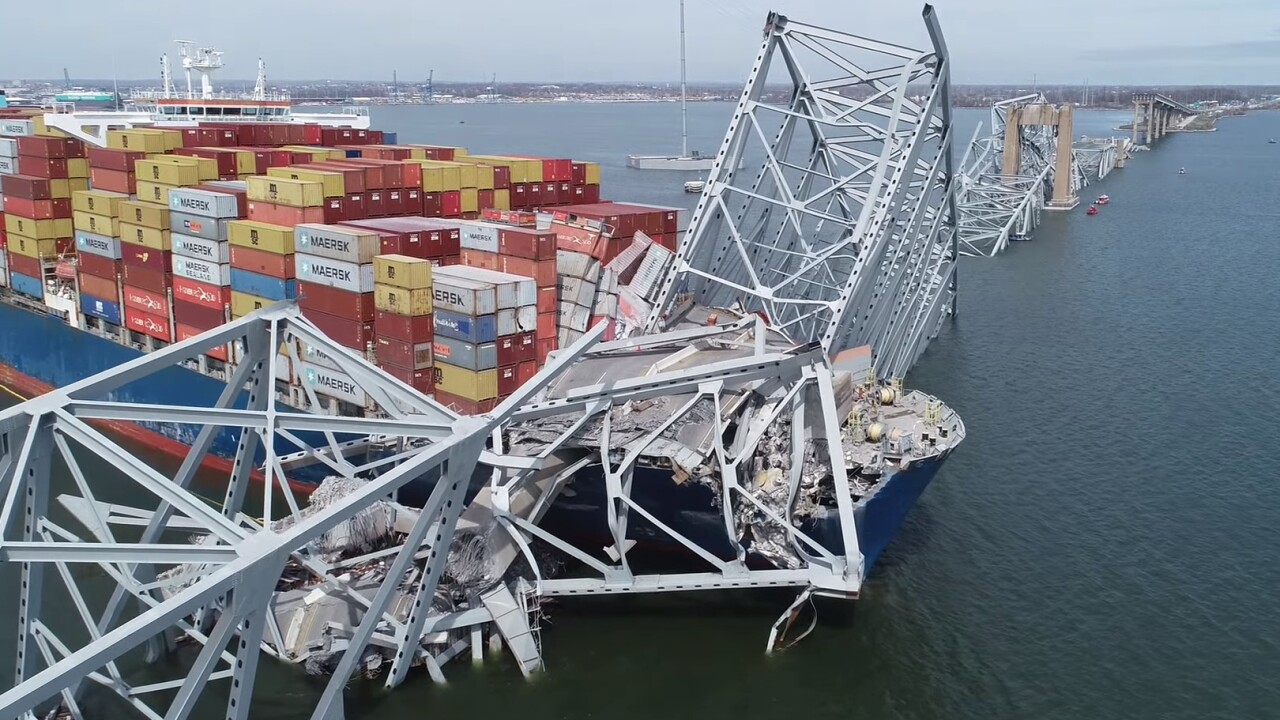New Jersey Gov. Phil Murphy is scaling back the Garden State’s intervention into Atlantic City finances with the removal of the outside law firm appointed by his predecessor that led the gambling hub’s recovery efforts for the past year and a half.
Murphy announced late Monday that he was ending attorney Jeffrey Chiesa’s role within 30 days as the state designee for Atlantic City’s state takeover, which took effect in November 2016 following his appointment by former Gov. Chris Christie.
Murphy, who took office in January, said state oversight efforts in Atlantic City will revert to New Jersey’s Department of Community Affairs, which is led by his lieutenant governor, Sheila Oliver.

“The economic revitalization of Atlantic City is critical to advancing our overall state economy," Murphy said in a statement. “The actions we are taking today will ensure we are working in full partnership with the city to ensure economic growth and empowerment for all Atlantic City residents.”
Murphy’s move follows his February
“DCA will continue to play an active role in Atlantic City to build upon the significant gains the City and State have made over the last 18 months in stabilizing Atlantic City’s finances,” said Oliver in a statement. “This ongoing partnership between DCA’s knowledgeable local government experts and the City’s governing body and its professionals will keep Atlantic City moving in the right direction for its residents and businesses and the surrounding region.”
Atlantic City
Atlantic City Mayor Frank Gilliam said in a statement he was “happy about the steps taken by Governor Murphy and Lt. Governor Oliver” and sees a “very bright” rebirth on the horizon. The former city councilman defeated incumbent mayor Donald Guardian last November and was sworn in on Jan. 2.
Moody’s has a Caa3 long-term issuer rating for Atlantic City with a positive outlook. S&P Global Ratings rates Atlantic City debt at CCC-plus.
Atlantic City’s fiscal struggles have stemmed largely from increased regional gambling competition that prompted five casino closures between 2014 and 2016. The Jersey Shore resort’s remaining seven casinos saw a 1.5% revenue decrease for March compared to the year-earlier period, according to an April 12





